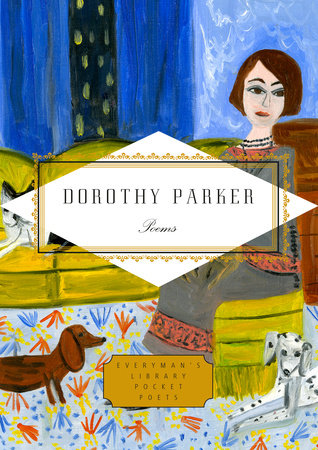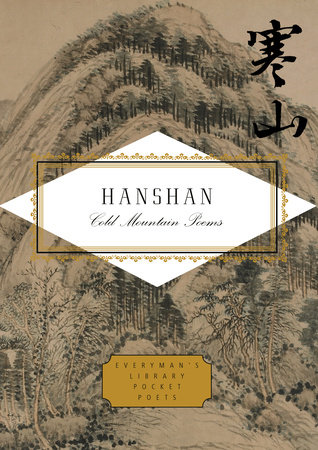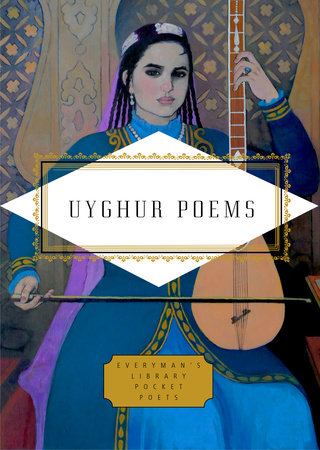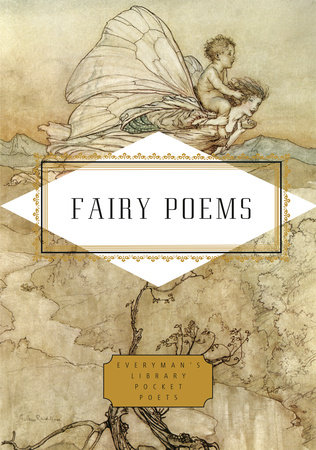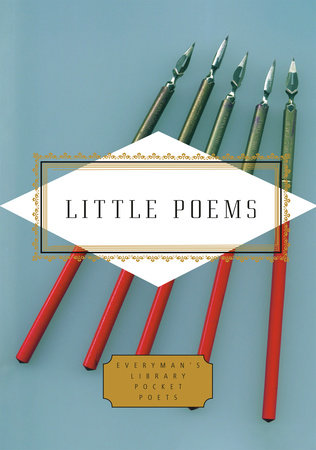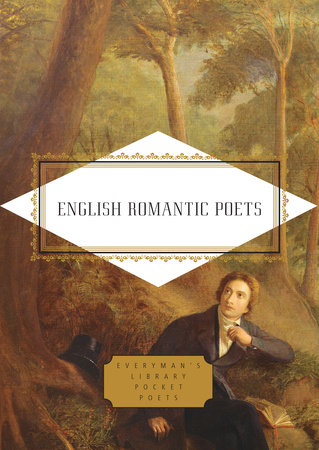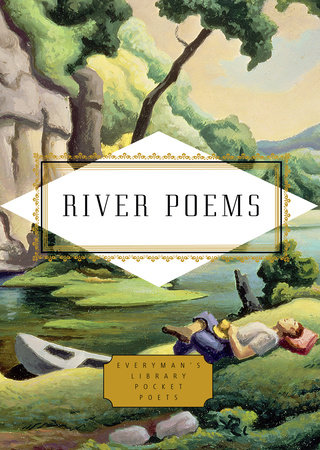Dorothy Parker: Poems
Dorothy Parker
Hardcover
March 11, 2025 | ISBN 9780593992173
AmazonBarnes & NobleBooks A MillionBookshop.orgHudson BooksellersPowell'sTargetWalmart
About the Book
One of the Jazz Age’s most beloved poets, Dorothy Parker earned her reputation as the wittiest woman in America with her popular light verse, which was regularly published in Vanity Fair, Life, and The New Yorker. Her debut poetry collection, Enough Rope, was a runaway bestseller in 1926, and she followed it up in 1928 with the equally delightful collection Sunset Gun.
The poems gathered here range from barbed satires to lighthearted laments, all laced with Parker’s unmistakable sense of humor, one that manages to be both cynical and sparkling.
Everyman's Library's Pocket Poets are pocket-sized hardcovers that feature acid-free cream-colored paper bound in a full-cloth case with two-color foil stamping, decorative endpapers, a silk ribbon marker, a European-style half-round spine, and a full-color illustrated jacket.


